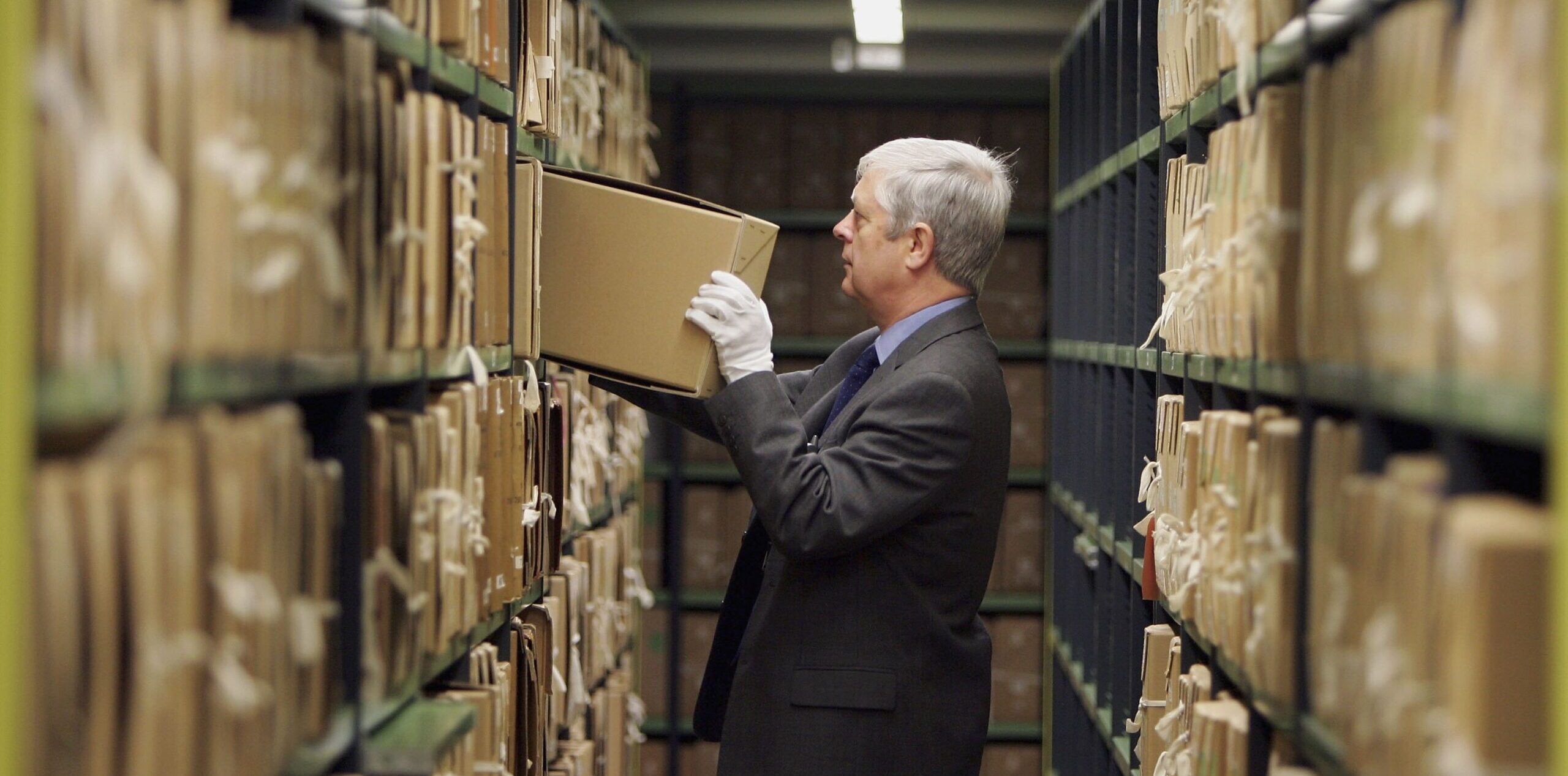The Ministry of Justice has begun consultation on digitising its archive of historic wills dating back more than 150 years — and destroying the paper one.
Currently, according to the MoJ, historic wills are kept in a physical archive at a cost of £4.5m a year. Requesting access is a laborious process that involves finding the paper copy and making a digital version, potentially taking weeks. Digitisation will, the department claims, make access to documents quicker and easier for historians, while saving the taxpayer money on an ever-growing paper archive, most of whose contents are never viewed again.
In turn, this offers an insight into the distinct ways we think about digital as opposed to paper archiving. In the physical world, one can’t just go on accumulating stuff forever: for historians, there is of course an interest in preserving everything, but with physical documents eventually space forces the issue. Digital archives, though, are theoretically limitless, which holds out the enticing prospect that we could actually keep everything and never need to think through where to draw the line.
What was most striking about the MoJ’s social media video on digitising the archived wills, though, was the sense of self-deception at work. The archivist promised that once scanned, the documents will be “preserved forever”. But this seems, to put it mildly, optimistic. File formats change rapidly, and decay of digital archives is a well-recognised problem, that for example the Long Now Foundation wrote on recently.
Nor is technological change the only threat. Think of the British Library, whose digital services have been inaccessible since a hacking attack several weeks ago. Digital libraries are considerably more vulnerable than their paper equivalents to attack and destruction. Should something unthinkably apocalyptic happen to our current civilisation, a paper library would surely be more likely to remain usable in the long term than a hard drive.
Digital collections are also more vulnerable to censorship and alteration: Amazon already forces politically correct updates to ebook texts, something obviously not possible with a printed book. It doesn’t take much thought to grasp the destabilising effect total digitisation would have — indeed, is already having — on our trust in the security of the written word.
The proposal, then, is to digitise a whole archive and then destroy everything older than 25 years, with possible exceptions made for famous people’s wills. The promise is that the rest will be digitally “preserved forever”. Other types of court document have a shorter time limit on preservation: bankruptcy cases, for instance, are kept for 20 years and then destroyed.
But if MoJ officials really wanted the archive to survive, they would keep it in a lower-tech form. In practice, the proposal seemingly amounts to shifting from a permanent to a time-limited archive in the case of wills, to save money, while consoling history-hoarders with the chimera of digital “preservation”. It would also avoid the unthinkably gargantuan task of reviewing the whole collection in order to judge whether or not individual items are worth preserving.
In effect, digitisation is a method of simulating archival practice, while also avoiding one of its central tasks: curation. We can argue about how much this matters, in the case of historic wills, but we should be cautious about extending this practice of indiscriminately replacing low-tech printed material with much more vulnerable digital archives. Digitisation looks, on the surface, like a way of expanding the scope of what we can “preserve”. Really, though, it may turn out to have been a means of expanding the scope of what we have given ourselves permission to forget.











Join the discussion
Join like minded readers that support our journalism by becoming a paid subscriber
To join the discussion in the comments, become a paid subscriber.
Join like minded readers that support our journalism, read unlimited articles and enjoy other subscriber-only benefits.
Subscribe